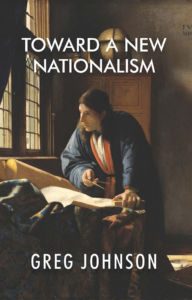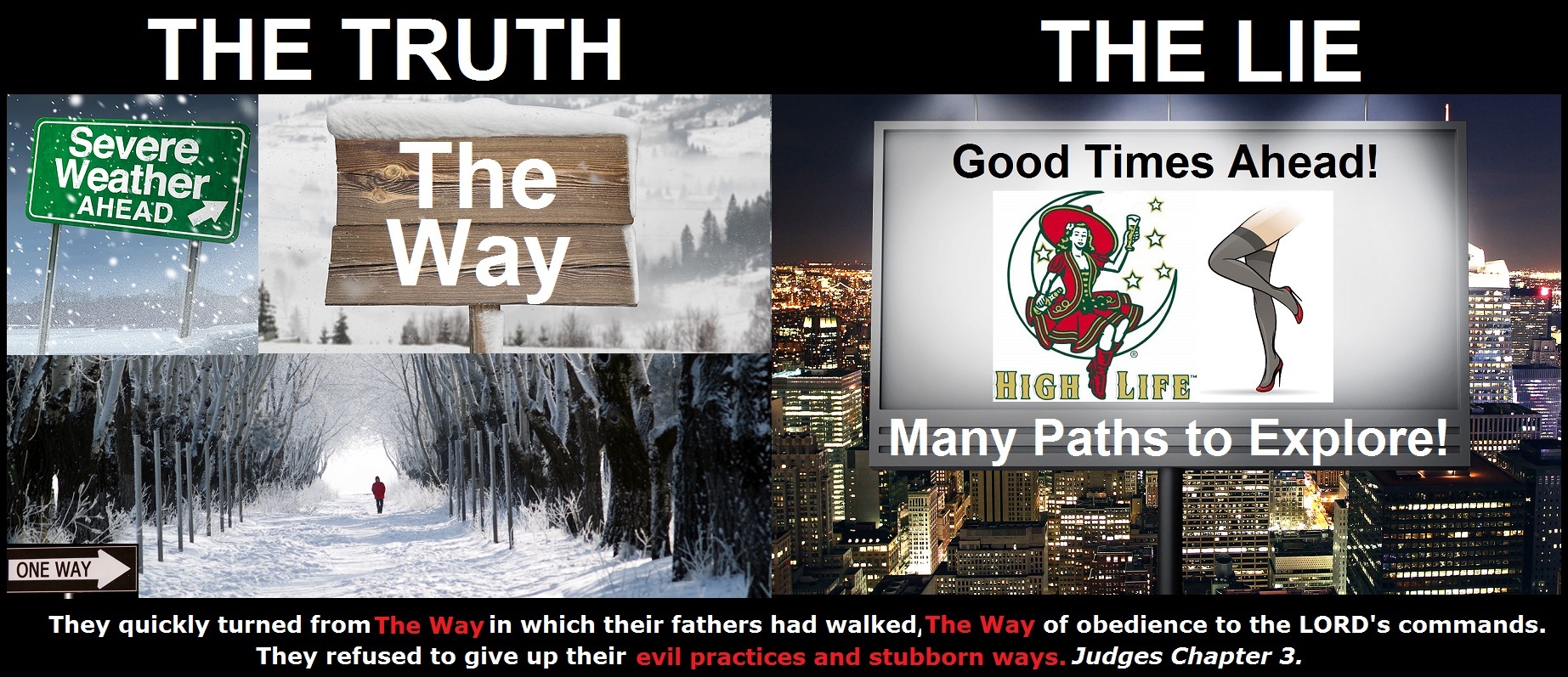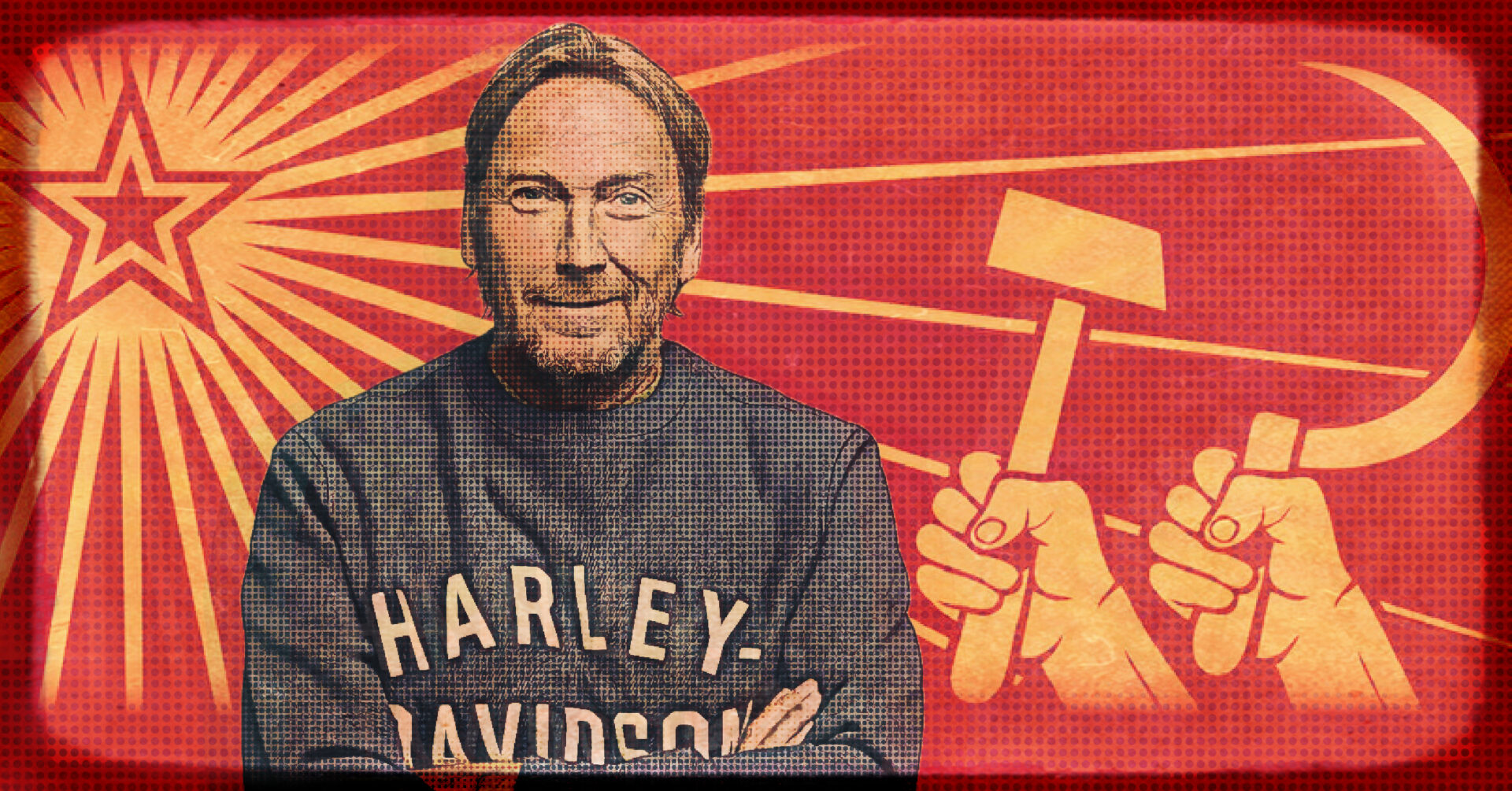The Nation of Theseus: What Is American Nationalism?
2,106 words
What is America? What does it mean to be an American? Today it seems as though there are as many answers to these questions as there are people to provide them. This is especially pertinent for nationalists. One answer to this is it simply means possessing United States citizenship. Even more extreme is the idea that everyone is a potential American; or that illegal aliens, who are being used by rival civilizations to colonize the US, are no less American than the descendants of the Mayflower. These are the most popular definitions of the limits of Americanness propagated by the bi-marionette political system. The true Right, however, offers older, more primal definitions: that Americans are in fact unhyphenated Americans, synonymous with white/European-descended Americans, or that those with no American ancestry from before 1965 are not “ethnic Americans.”
All of these definitions are lacking in some way, which cuts to the heart of the issue: There is no objective definition of what an American is. Its meaning has been in flux since the founding, making America a sort of “nation of Theseus” in which the question of a definition becomes a paradox. The Ship of Theseus was the vessel in which the hero Theseus returned to Athens after slaying the Minotaur in his labyrinth. The Athenians preserved his ship for generations, until eventually not a single part of was original — leading to the famous paradox of whether it remained the same ship. In the same way, while the descendants of those who founded America remain, Anglo-Americans are a now small minority. Thus, this can only be solved by looking forward, rather than solely back to the past.

You can buy Greg Johnson’s Toward a New Nationalism here.
America’s unique history as a settler-colonialist nation makes its ethnos more difficult to determine than, say, that of Norway or the Czech Republic. We know that Norwegians are the Nordic, Norwegian-speaking people of western Scandinavia, descendants of the Norsemen. The Czechs are the Czech-speaking peoples of the former kingdoms of Bohemia and Moravia. This issue is thornier in America, which was founded by many men who were technically foreigners, such as Alexander Hamilton. And while the founders were almost all either Anglo-Saxon, the first immigration act opened the country to all “free whites of good character.” Thomas Jefferson even toyed with the idea of allowing “Mohammedans” into America. This laid the seeds of the identity crisis that America is in today.
America welcomed millions of white immigrants from all over Europe. After the Civil War, not only were the former slaves made citizens, but immigration was soon opened to foreign-born blacks and Chinese guest workers, as well as Europeans from other parts of the Continent, especially Italians and Eastern Europeans (and to whom most Americans can trace their ancestry today), including Jews. This was eventually stopped, although Native Americans were soon also inducted into the brotherhood of citizenship. There were enough Japanese living in America by the start of the Second World War that it was seen as a national security issue.
Despite initial white resistance to the beginnings of a racial transformation in America which peaked during Reconstruction and the Great Depression, it had completely fizzled by the time of the 1965 Immigration Act. In fact, many of the nativists themselves were descended from non-Anglo-Saxons who would have been seen as less than entirely American by some of the Founding Fathers, such as Benjamin Franklin, who famously argued against German immigration. Thus, an ethnic basis for American nationalism is complicated by the fact that the US has been continually expanding its definition of who can become an American since its earliest days.
America has long been called an “experiment” and the flux of its identity has been at least in part due to this unique experimental nature, which has in turn been adopted by the rest of European civilization as well. This has developed into the idea of civic nationalism and America as a “propositional nation.” Both sides of the political mainstream accept some variation of this view. Thus, the mainstream “Right” position is that an Indian immigrant or an urban black — both of whom have their own ethnos, complete with its own symbols, aesthetics, and heroes, as well as disdain for America’s European heritage — are no less American than a “Boston Brahmin” or a Wyoming rancher descended from Mayflower colonists. The globalist Left would go even further: If everyone can be American, then America is at best a way of being, and at worst completely meaningless. Why not just get over the concept of the nation and become a “post-national nation,” as Canada is attempting to do — where symbols and identity are simply garnishes from a half-remembered past, whose only purpose is to unite us as diverse free spirits seeking individual pleasure?
There has always been a dichotomy in America between urban and rural spirits, the urban being a more imperial vision and the rural a Völkisch one. It could be seen already in the political battles between Federalists and Anti-Federalists, typified in Alexander Hamilton and Thomas Jefferson. Later, it spilled over into the War of Secession. At first the rural element tended to win out, but since the Civil War, the imperial-urban element has won just about every battle. For a short time, it seemed as though there could be a real synthesis in the philosophy of the journalist and progressive political theorist Herbert Croly, who influenced Theodore Roosevelt. But the Great Depression, the cultural baggage attached to the Second World War, and mass elite Jewish migration into the US ruined first the progressive and then the conservative political platforms. By the end of the twentieth century, neither Jeffersonian classical liberalism (conservatism), Hamiltonian imperialism, or a synthesis of the two (Rooseveltian progressivism) provided a viable platform for real American nationalism.
The urban-rural divide today is between visions of America as a homeland versus America as “Airstrip One” — nationalism versus globalism. This divide is still between the Völkisch and imperialistic aspects of the American collective spirit. Globalists — not just Americans, but also the “culturally Americanized” elites — see America as the world’s preeminent economic zone, a place to climb the ladder of the global oligarchy, and a military base that secures Pax Americana and the safety of the liberal world order. In contrast, those who are Völkisch would say that America is a homeland for “Americans” — once again bringing us back to the original issue.

You can buy Greg Johnson’s White Identity Politics here.
White Americans today don’t generally see themselves as a distinct people, nor can you artificially force them to. Ask an American what ethnic group — and therefore, what nation — they are a part of, and they will invariably reply with something about their highly mixed ancestry. I’ve even witnessed a few instances of white people claiming they aren’t white because “my mom is Mexican” (it turned out she is 100% Spanish) or “I’m half Italian” and so on. These people were genuinely embarrassed to be of European stock. Thus, as a whole white Americans lack a distinct ethic consciousness.
Real nationalism is felt instinctually, not simply justified by facts. It is something a priori. It can only grow and survive out of one a specific type of soil: that of struggle, the greatest glue of all. What unites a German-American frontiersman who is fighting Indians, an Irish-American Yankee soldier, and an Italian-American GI storming the beach at Peleliu? They are all in a common struggle for their new team: those Americans who came before them. This explains the patriotism and white-adjacency of many non-white combat veterans.
The closest thing to a real struggle in the modern age that had the potential to bind Americans into a distinct people once again were the events of September 11, 2001. For a brief period, patriotism, American chauvinism, and the idea of the West being in a clash of civilizations was normalized even in the liberal cities. But the Twenty Years’ War in the Middle East was no genuine civilizational struggle. Not enough people were involved either on the front lines or on the home front, and thus this patriotic effect was fleeting. Although the brief period from 2001 to 2003 nevertheless showed the effect that a civilizational struggle can have on national unity.
If America is to once again become a real nation in the classical sense of natio, there must be another defining struggle in which everyone has real skin in the game. This could be something along racial/cultural lines as race relations in the US deteriorate and racial schisms become more evident. Blacks and “Chicanos” — descendants of Latin American colonists who have developed an ethnic identity as mestizo north of the Rio Grande — have already developed racial consciousness not just in terms of blood, but also of soil . . . our soil. In this scenario, whites would be forced to identify as a legitimate nation — Americans — or simply be subsumed by rival groups.
Another possibility is that the US may enter a real clash of civilizations, perhaps with China, Iran, Russia, or all of the above. This would have the potential to unite America as a multiracial nation in which all biological races see themselves as ethnic Americans due to fighting for a common cause. This outcome is disturbing, as it would spell the end of White America, solidify federal control, and of course in the case of a world war destroy much of the world and many millions of lives in the process.
The bad news is that if the elites believe this is the best way to cool off the boiling frog of race relations in the US, then they are more likely to be hawkish on foreign policy. The good news is that this is probably not on their minds, as unifying an artificial empire through common struggle is easier said than done. A Third World War would bring too much risk of their conservative troops and citizens identifying with Russia, for example, and their liberals identifying with Iran. For the first time in decades, the US appears to be gradually retreating in the Middle East rather than jumping on any excuse for intervention. Besides which, ethnonationalism was heightened, not dampened, in the former European empires after the Great War. In other words, white ethnonationalism in America in the sense of becoming “ethnic Americans” is probably inevitable over the long term. To what extent these ethnic Americans will even be relevant, however, is a matter of how many there are by the time this racial consciousness is awakened.
Though ethnonationalism, unlike liberalism, is based in biology and human nature, the future has yet to be written. Furthermore, the past is mixed in terms of who has the right idea about what America is. While white American nationalists can rightly claim that America was an explicitly white super-majoritarian nation until 1965, the diversity crowd are also right when they claim that America is a “nation of immigrants,” white or otherwise, and that the Constitution is a “living document.” But from the First National Bank to Sherman’s March to the Sea, America has constantly betrayed its own ideals for political expediency. Even our revered religious scripture, the Constitution, isn’t even our original constitution! Jefferson himself flippantly suggested that every generation might need another revolution. Thus, neither side has a monopoly on historical precedence.
While most of us on the true Right have gone through a “conservative” phase, and many of us still consider ourselves to be conservative or perhaps reactionary, the truth is that not only is historical precedence overrated; it’s beta. Yes, I understand that it’s a necessary propaganda tool to win over the center-Right masses who instinctually legitimize nostalgia, but we still need to do better.
Just look at the “Chicanos” in America or the Muslims in Europe. Despite the fact that Chicanos are descended from indigenous peoples south of the Rio Grande as well as Spaniards (though Chicanos seem to repudiate any trace of Europeanness), they have no moral or philosophical qualms about colonizing the southwestern United States. The relationship between Europe and the Muslims is likewise one of perpetual enmity, yet the same is true there. You might not like it, but this is what peak performance looks like. Not so long ago, I’m told white men did the same thing — though at this point this claim might as well be an ancient legend of original sin. The point is that a vital people doesn’t need a moral argument. They do not ask for permission. They have a will to survive, and indeed, a will to power. If America is going to once again become a real nation, it’s going to take a lot more than smart arguments and policy conferences to get there.




